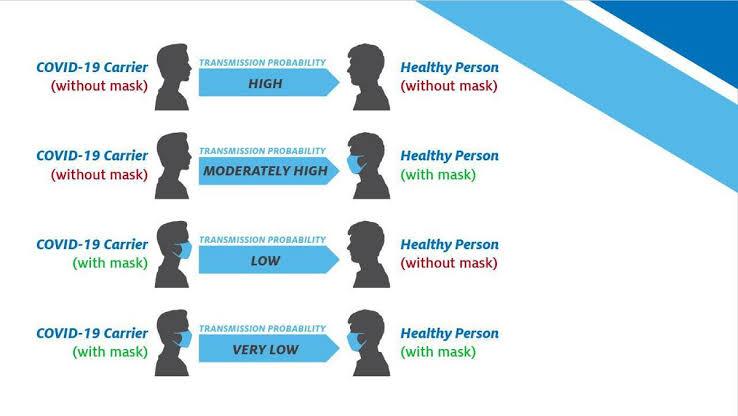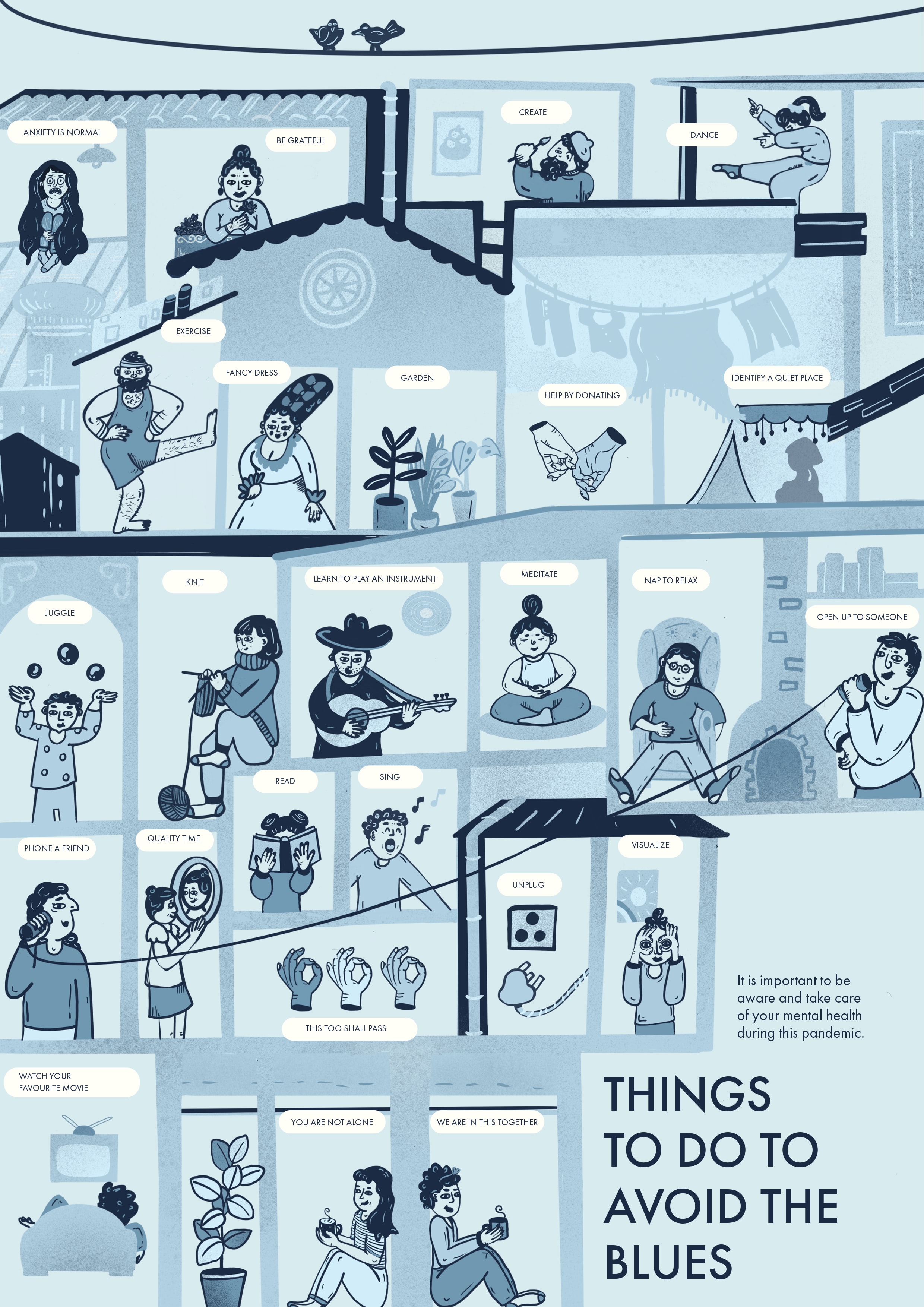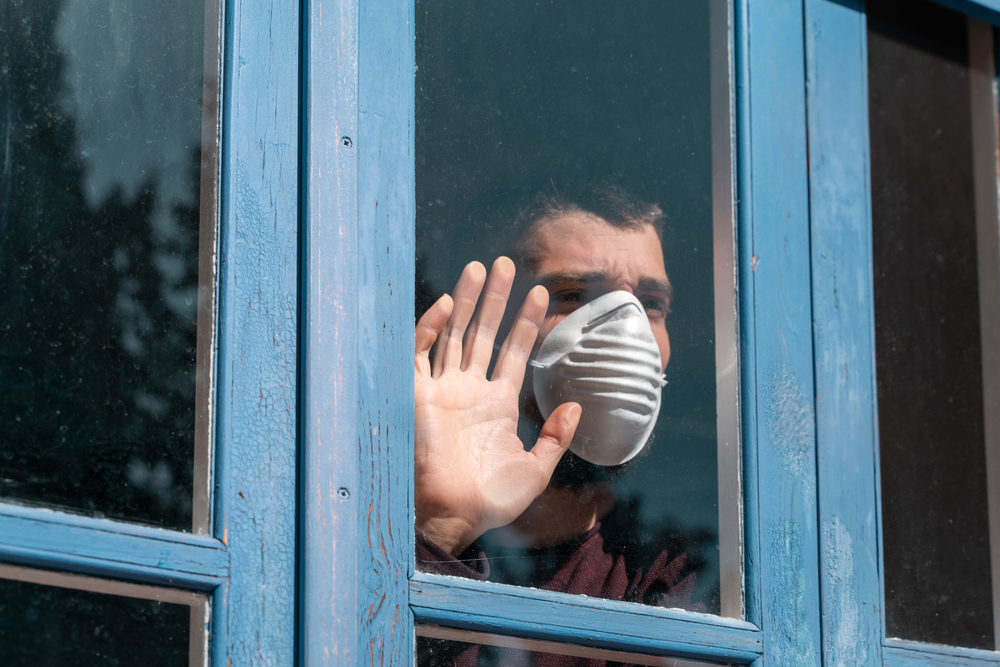Let’s get one thing straight, just because governments around the world have decided to reopen, does not mean that the virus has come to an end. The virus is very much still present, still among us, and is still spreading. Some reports are saying that its impact is less serious and that the treatment is clearer, but the virus still exists.
It’s a given fact by now however, that a lot of unnecessary ‘entertainment’ facilities have reopened at lower capacities and that work that can be done from home is now moving back into the offices. People are making plans to go out and heading to the North Coast or other beach areas in Egypt. Which, after almost 5 months of quarantine, we all definitely deserve a break.
But the thing is, the virus hasn’t ended. Yesterday, Egypt recorded the lowest numbers in a while with only 698 new COVID-19 cases. Various reports have previously expressed that Egypt’s actual numbers are much higher than what is recorded; especially since not everyone is testing for the virus and not everyone is being treated in public hospitals. But the numbers aren’t what concerns me.
Wear Your Masks… Seriously, It’s Not That Hard
While I understand that life is beginning to resume, not everyone is jumping back into their normal routine. Because after months of abnormality, it will most certainly take time to go back to things as they were. It’s true that some people are spending summer at the beach, some are regularly going to restaurants, some are regularly seeing extended family and friends, some are going back to the office all five days of the week, but some are still at home because they have no other option right now.
Underlying health conditions, age and immunity are just a few of the reasons some people might still have to quarantine because of. But with lifted restrictions, the ‘quarantining’ levels have also changed. Some who have been online shopping everything in March and April, are going back to supermarkets and perhaps stores. People who have been doing sports at home may have started jogging in the open air again.
Inevitably, there are different degrees of ‘going back to normal’ that people are undergoing. This brings me to the whole point. A huge part of being able to resume a normal life has to do with everyone being able to follow two basic instructions: wearing masks and social distancing. Both of which are not being applied fully. Between people hanging their masks from one ear, people placing it under their chins to smoke a cigarette, or people standing in groups in front of coffee shops waiting for their turn to find a place under the new 25 percent capacity rule, this is problematic in itself. The laws and rules are there, it’s on people to follow them.

Wear masks!
The same goes for people who aren’t following instructions indoors; be it in offices or when visiting family and friends. Deciding to take off your mask 2 hours into sitting at your office desk doesn’t help anyone around you. It has been previously established and reiterated that anyone can be a carrier of the virus and not have symptoms.
There’s been this meme going around lately that COVID-19 is like a university/ high school group project and group projects are generally the epitome of distress and lack of coordination, especially when everyone is on a different page. With group projects, the solution of a person carrying the weight on his/ her own is available (painful, but available). But COVD-19 is not like that.
The Mental Health Part Of This Story
Just like when the virus was starting and everyone had to stay at home if they could, mental health issues arose. The same continues. With part reopening and part unable to resume normality, this is still an issue.
There is anxiety around getting sick with even the slightest cough being suspicious. At the same time, there is a challenge around adapting to what it was like before, after having already adapted to life these past months. For some this isn’t an issue, but for others trying to re-adapt will be an issue psychologically too. I’ve read several studies that reported a rise in people needing counseling or psychologists to speak to as they try to make it through quarantine.
Generally speaking, “stay home and stay safe” was the default few words that were being said back and forth, but being able to stay at home and stay safe was a privilege in itself. For instance, the BBC previously wrote that domestic violence increased globally during the lockdown and it was described as a “shadow pandemic” to COVID-19.

Mental health during quarantine (and after)
There are also cases of loneliness and depression that sprung from being alone at home; and these are perhaps the most common issues I’ve personally heard of among my circle of friends with the common phrase “being alone with yourself makes you realize a lot of things; some of which you may have not wanted to realize.” It’s true that the previous sentence is too poetic but, being given time to reflect and process has shifted the way many think and has changed people’s goals and values too.
Coming out of COVID-19 (if we actually are coming out of it and if we aren’t expecting a second wave), a lot of us are different. And a lot of us don’t want to go back to our lives exactly as they were because we’ve learned new things about ourselves. Another important thing to reiterate is that respecting those who need to continue quarantining (at their own quarantine level) is necessary during these times. Again, it’s true that COVID-19 really does feel like a group project that needs us to be on the same page and give in equal support.




























